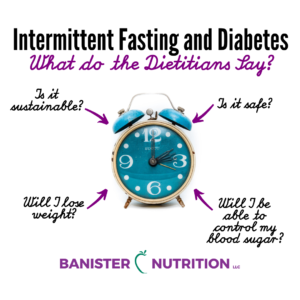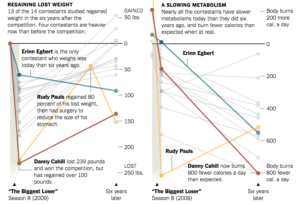Menopause and Weight Gain!
You’re approaching menopause. You’re approaching “50.” Does menopause plus the magic number “50” mean you are also approaching fat? The answer to this question is a resounding NO! You could be entertaining weight gain if you are in either of the above scenarios, but it is not inevitable. Hormonal changes of menopause might increase the chances of extra pounds going on around your abdomen vs. your hips and thighs. But hormones alone can not be totally blamed for weight gain that may occur around menopause.
Is there any possibility around the age of menopause any of the following are also occurring which will decrease your calorie burn:
- Fewer trips walking to your teens bedroom checking on them or the condition of their room?
- If kids have left home, possibly fewer trips to the grocery store with fewer sacks to carry in and fewer groceries to put away?
- Have you acquired a house cleaner or someone to help with the yard work?
- Fewer loads of laundry to and clothes to put away?
Weight gain related to aging, as well as lifestyle and genetic factors. Muscle mass typically decreases with age, while fat increases. As muscle decreases, so does the rate at which your body burns calories. Have you increased your resistance workouts to maintain your muscle mass? If you continue to eat as you always have but are not increasing your physical activity you will gain weight. When you hit 50 you need to be exercising more, not less than when you were 40. A minimum of 150 minutes of cardio per week plus strength training twice weekly is needed to try and prevent weight gain. If weight loss is desired additional exercise will likely be required.
Calories will need to be tweaked slightly to maintain your current weight through the decades. Seek the help of a registered dietitian to calculate specific adjustments for you. At Banister Nutrition we will conduct an RMR test (resting metabolic rate) to get an exact printout of what your daily energy burn is. This is a very simple 10 minute breathing test which determines exactly how your body is burning calories.
Inadequate sleep may also contribute to weight gain. When you are not getting the recommended 7-8 hours of sleep each night, you tend to snack more and are not as disciplined and focused on making responsible choices. Sleep deprivation also affects hormones ghrelin and leptin. Ghrelin stimulates appetite and leptin suppresses appetite. Inadequate sleep is associated with reducing leptin and elevating ghrelin. These hormone changes result in increased hunger and appetite especially for foods with high carbohydrate content which of course may contribute to weight gain. Get your sleep if weight management is of concern to you.
-CB



 due to their significantly lowered resting metabolic rates (RMR), which resulted from their severely limited caloric intake. This change in their RMR is called metabolic adaptation and averaged ~500 kcal per day lower than expected in season 8 contestants. In addition to their lowered RMRs, the contestants also produced substantially less leptin, a hormone that controls hunger.
due to their significantly lowered resting metabolic rates (RMR), which resulted from their severely limited caloric intake. This change in their RMR is called metabolic adaptation and averaged ~500 kcal per day lower than expected in season 8 contestants. In addition to their lowered RMRs, the contestants also produced substantially less leptin, a hormone that controls hunger.